
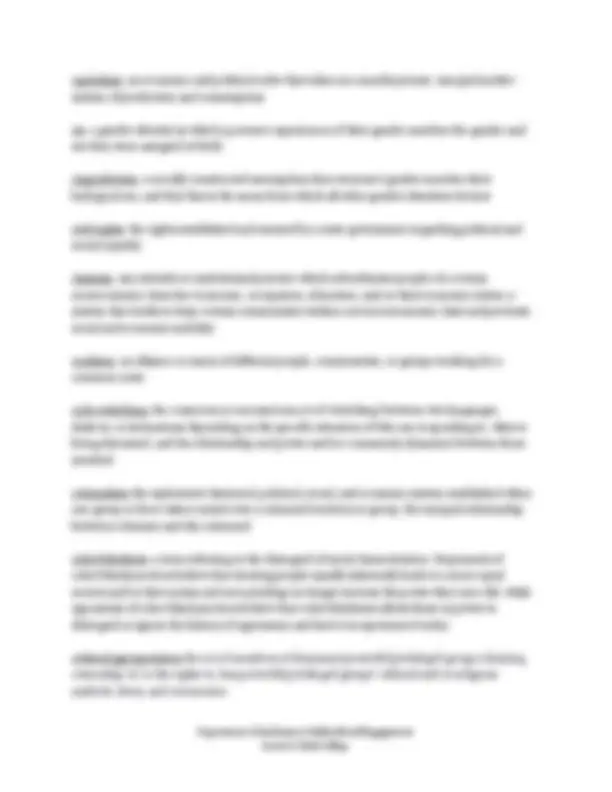
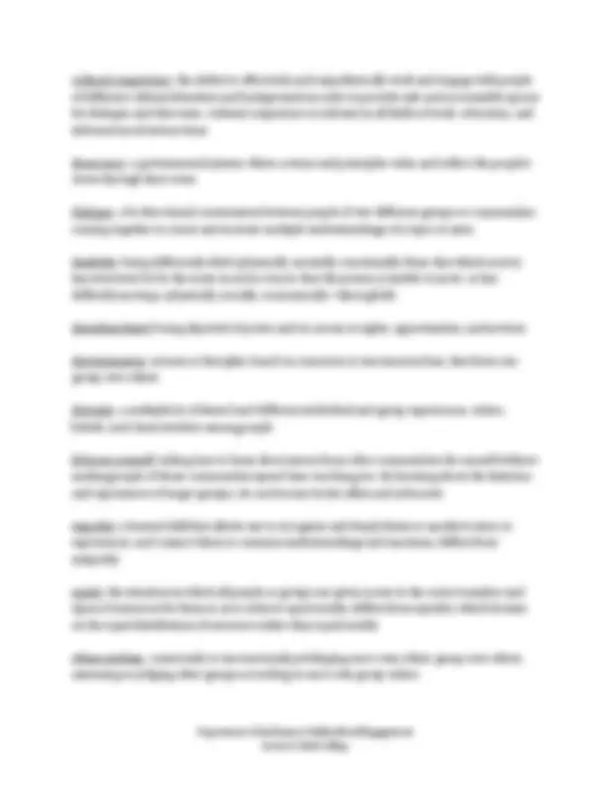
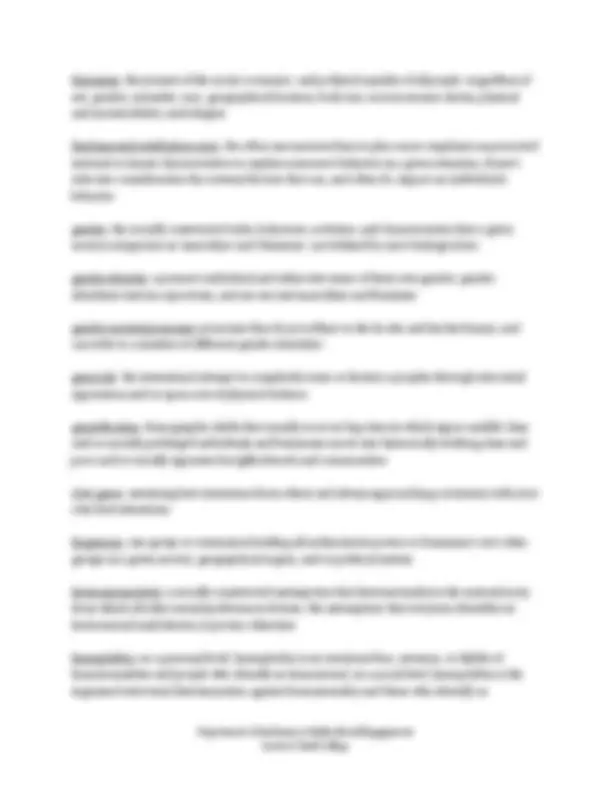
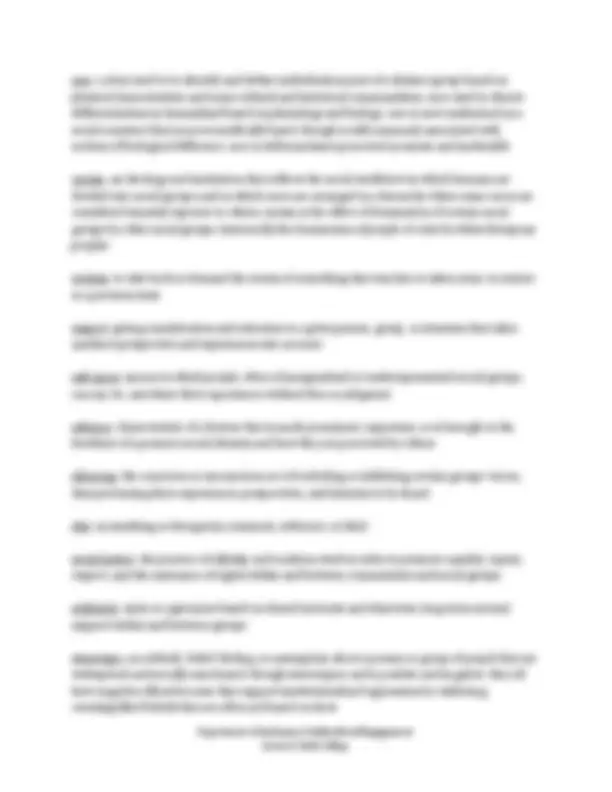
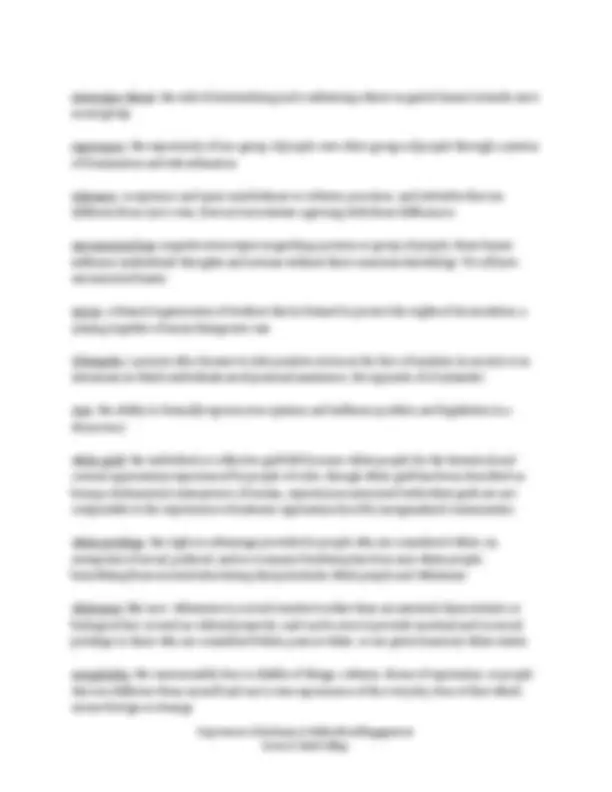



Study with the several resources on Docsity

Earn points by helping other students or get them with a premium plan


Prepare for your exams
Study with the several resources on Docsity

Earn points to download
Earn points by helping other students or get them with a premium plan
Community
Ask the community for help and clear up your study doubts
Discover the best universities in your country according to Docsity users
Free resources
Download our free guides on studying techniques, anxiety management strategies, and thesis advice from Docsity tutors
The effects of climate change on agricultural productivity, focusing on extreme weather events, changing precipitation patterns, and the potential for adaptation strategies. It provides insights into the challenges farmers face in adapting to these changes and the role of scientific research in developing sustainable agricultural practices.
Typology: Exercises
1 / 11

This page cannot be seen from the preview
Don't miss anything!







active listening: a process of hearing and understanding what someone is saying byempathizing with the speaker(s) and considering their perspective(s)
adultism: prejudiced thoughts and discriminatory actions, such as treating someone as weak or unintelligent because they are not adults; usually those of older persons against youngerpersons
affirmative action: action taken by a government or private institution to make up for past discrimination in education, work, or promotion on the basis of age, birth, color, creed,nationality, ethnic origin, physical or mental ability, familial status, gender, language, race, religion, sex, sexual orientation ageism: prejudiced thoughts and discriminatory actions, such as referring to someone’s age ina context in which age isn’t relevant, based on differences in age; usually those of younger persons against older persons agency: the ability to act independently and make free choices; the ability to make consciousdecisions for oneself
agent: a member of a dominant or majority group allyship: an active verb; leveraging personal positions of power and privilege to fight oppression by respecting, working with, and empowering marginalized voices and communities; usingone’s own voice to project others’, less represented, voices
assimilation: the process of adapting or adjusting to the culture or behaviors of a dominant or majority group or nation Be Uncomfortable: the act of putting yourself outside of your comfort zone, and into situationsin which you are not privileged where you otherwise would be Does not include putting oneself in physical danger! bias: an inclination of preference, especially one that interferes with impartial judgment bicultural: a person who functions effectively and appropriately and can select appropriatebehaviors, values, and attitudes within either of two cultures; a person who identifies with two cultures
cultural competence: the ability to effectively and empathetically work and engage with peopleof different cultural identities and backgrounds in order to provide safe and accountable spaces for dialogue and discourse; cultural competence is relevant in all fields of work, education, andinformal social interactions
democracy: a governmental system whose actions and principles value and reflect the people’s views through their votes dialogue: a bi-directional conversation between people of two different groups or communitiescoming together to create and recreate multiple understandings of a topic or issue
disability: being differently abled (physically, mentally, emotionally) from that which society has structured to be the norm in such a way so that the person is unable to move, or hasdifficulty moving—physically, socially, economically—through life
disenfranchised: being deprived of power and/or access to rights, opportunities, and services discrimination: actions or thoughts, based on conscious or unconscious bias, that favor one group over others diversity: a multiplicity of shared and different individual and group experiences, values,beliefs, and characteristics among people
Educate yourself: taking time to learn about issues from other communities for oneself without making people of those communities spend time teaching you. By learning about the historiesand experiences of target groups, we can become better allies and advocates.
empathy: a learned skill that allows one to recognize and deeply listen to another’s story or experiences, and connect them to common understandings and emotions; differs fromsympathy
equity: the situation in which all people or groups are given access to the correct number and types of resources for them so as to achieve equal results; differs from equality, which focuseson the equal distribution of resources rather than equal results
ethnocentrism: consciously or unconsciously privileging one’s own ethnic group over others; assuming or judging other groups according to one’s own group values
feminism: the pursuit of the social, economic, and political equality of all people, regardless ofsex, gender, sexuality, race, geographical location, body size, socioeconomic status, physical and mental ability, and religion fundamental attribution error: the often unconscious bias to place more emphasis on perceivedinternal or innate characteristics to explain someone’s behavior in a given situation; doesn’t take into consideration the external factors that can, and often do, impact an individual’sbehavior
gender: the socially constructed roles, behaviors, activities, and characteristics that a given society categorizes as ‘masculine’ and ‘feminine’; not defined by one’s biological sex gender identity: a person’s individual and subjective sense of their own gender; genderidentities exist in a spectrum, and are not just masculine and feminine
gender neutral pronouns: pronouns that do not adhere to the he:she and his:her binary, and can refer to a number of different gender identities genocide: the intentional attempt to completely erase or destroy a peoples through structuraloppression and/or open acts of physical violence
gentrification: demographic shifts that usually occur in big cities in which upper-middle class and/or racially privileged individuals and businesses move into historically working class andpoor and/or racially oppressed neighborhoods and communities
Give grace: assuming best intentions from others and always approaching a situation with your own best intentions hegemony: one group or community holding all authoritative power or dominance over othergroups in a given society, geographical region, and/or political system
heteronormativity: a socially constructed assumption that heterosexuality is the natural norm from which all other sexual preferences deviate; the assumption that everyone identifies asheterosexual until shown or proven otherwise
homophobia: on a personal level, homophobia is an irrational fear, aversion, or dislike of homosexualities and people who identify as homosexual; on a social level, homophobia is theingrained structural discrimination against homosexuality and those who identify as
Move Up, Move Up: a phrase used to encourage individuals to be attentive in conversation, andto move up their listening or move up their speaking when appropriate
multiethnic: a person who identifies as coming from two or more ethnic groups; a person whose biological parents come from different ethnic groups multiracial: a person who identifies as coming from two or more racial groups; a person whosebiological parents come from different racial groups
nativism: prejudiced thoughts or discriminatory actions that benefit or show preference to individuals born in a territory over those who have migrated into said territory nonviolence: a strategy employed by social and civil advocates that stresses social and politicalchange through acts that do not involve physical violence against oneself or others; nonviolent language is used to imply language that does not perpetuate structural inequalities oppression: the systemic use of institutional power and ideological and cultural hegemony,resulting in one group benefiting at the expense of another; the use of power and the effects of domination patriarchy: a social system and institution in which men have primary power in the political,social, economic, legal, and familial spheres; patriarchy favors male-dominated thought, and is centralized on the male narrative or perspective of how the world works and should work People of Color: an umbrella term for any person or peoples that is considered by the society inwhich they live to be non-white
prejudice: a preconceived, often unconscious, judgment or opinion about a person or group; usually a negative bias privilege: benefit, advantage, or favor granted to individuals and communities by unequalsocial structures and institutions
queer: an umbrella term within the LGBTQQIA community that refers to anyone who doesn’t prescribe to societal views of gender and sexuality; implies elasticity and a resistance to thenotion of a predetermined gender and sexual identity based on biology
questioning: someone who is questioning their gender identity and/or sexuality
race: a term used to to identify and define individuals as part of a distinct group based onphysical characteristics and some cultural and historical commonalities; once used to denote differentiations in humankind based on physiology and biology, race is now understood as asocial construct that is not scientifically based, though is still commonly associated with notions of biological difference; race is still sometimes perceived as innate and inalterable racism: an ideology and institution that reflects the racial worldview in which humans aredivided into racial groups and in which races are arranged in a hierarchy where some races are considered innately superior to others; racism is the effect of domination of certain racialgroups by other racial groups, historically the domination of people of color by white/European peoples reclaim: to take back or demand the return of something that was lost or taken away; to restoreto a previous state
respect: giving consideration and attention to a given person, group, or situation that takes another’s perspective and experiences into account safe space: spaces in which people, often of marginalized or underrepresented social groups,can say, be, and share their experiences without fear or judgment
saliency: characteristic of a feature that is made prominent, important, or is brought to the forefront of a person’s social identity and how they are perceived by others silencing: the conscious or unconscious act of excluding or inhibiting certain groups’ voices,thus preventing their experiences, perspectives, and histories to be heard
slur: an insulting or derogatory comment, reference, or label social justice: the practice of allyship and coalition work in order to promote equality, equity, respect, and the assurance of rights within and between communities and social groups solidarity: unity or agreement based on shared interests and objectives; long-term mutualsupport within and between groups
stereotype: an attitude, belief, feeling, or assumption about a person or group of people that are widespread and socially sanctioned; though stereotypes can be positive and negative, they allhave negative effects because they support institutionalized oppression by validating oversimplified beliefs that are often not based on facts
Yes Means Yes: a phrase that defines sexual consent as an “affirmative, unambiguous, and conscious decision by each participant to engage in mutually agreed-upon sexual activity”according to California state legislation; ‘yes means yes’ shifts the responsibility of confirming consent from just one party to all parties involved
http://oregonstate.edu/mrg/resources/Diversity_Glossary.pdf?1307051946http://quizlet.com/2956273/vocabulary-squares-social-justice-list-flash-cards/ http://hrusa.org/thisismyhome/project/glossary.shtmlhttp://new.oberlin.edu/dotAsset/2012201.pdf https://www.pcc.edu/resources/illumination/documents/institutionalized-oppression-definitions.pdf www.meriam-webster.comhttp://www.consumerstar.org/resources/pdf/Definitions%20of%20Oppression.pdf http://www-personal.umich.edu/~mdover/website/Social%20Welfare%20Policy%20Main%20Folder/segalglossary.pdf http://diversity.wustl.edu/students/mosaic/bias-report-support-system/bias-glossary/http://www.pauahtun.org/Whiteness-Summary-1.html http://academic.udayton.edu/Race/01race/whiteness05.htmhttp://www.slate.com/articles/life/inside_higher_ed/2014/10/affirmative_consent_what_will_ye s_means_yes_mean_for_sex_on_college_campuses.html
Compiled and written by the Department of Inclusion & Multicultural Engagement in 2014. For more information, contact IME at multicultural@lclark.edu